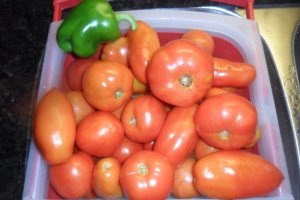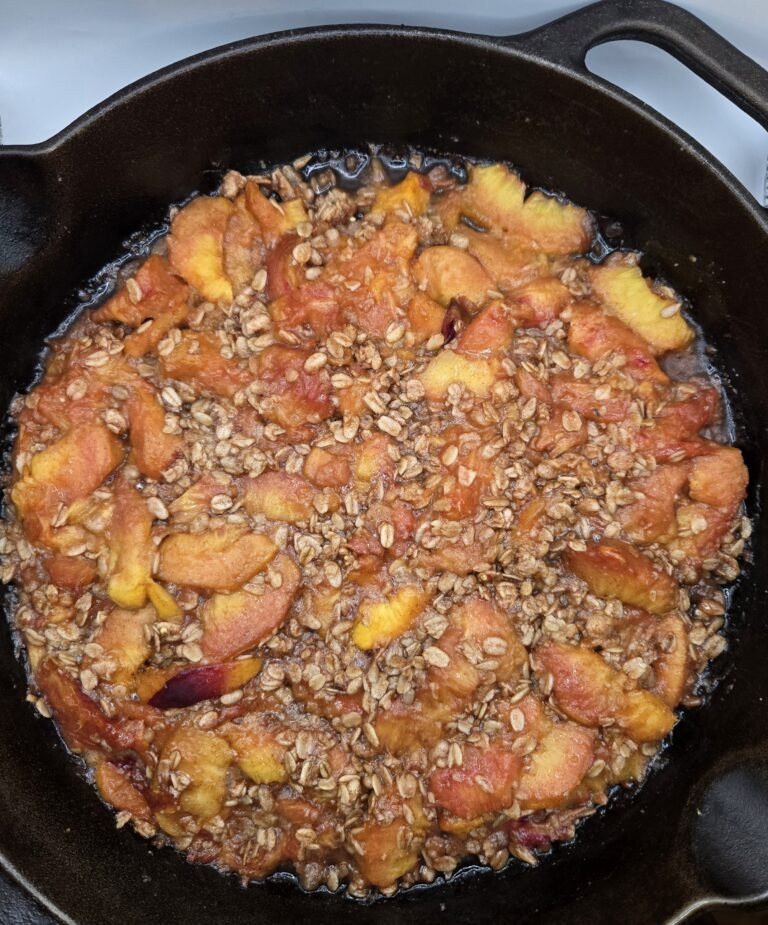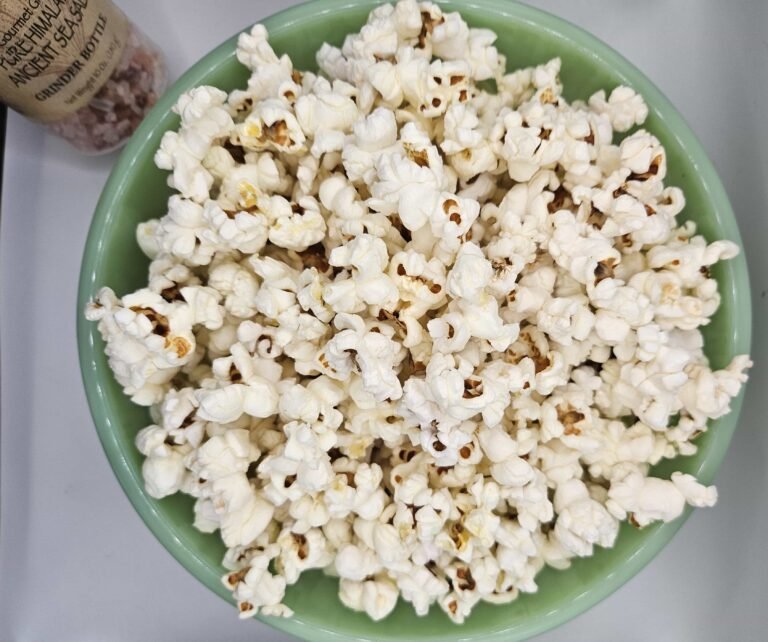
It’s sadly ironic that the wealthiest country in the world, and I dare say one of the coolest, most diverse, and beautiful, is not one of the healthiest. In fact we’re not even in the top 25 (#33 in 2012, Singapore was #1).[1] In another rating, the World Health Organization calculated the countries where people live to full health the longest (Japan is #1 in longevity) and it is mainly due to diet. The Japanese are the largest consumer of fish in the world and of whole soy – none of it genetically modified – and of seaweed and green tea. Also, when they are about 80 percent full, they stop and wait for about ten minutes, then decide whether to keep going.[2]
Most countries that rate as the healthiest, besides being dedicated to physical activities, have a diverse diet. A woman from New Zealand (15th healthiest country) said, there’s an abundance of “local organic fruits and vegetables. Everyone grows something here and neighbors all put out bags for purchase by anyone. We get fresh lettuce from the kids’ school, avocados from our tree, and kiwis, apples, and plums from our neighbors.” Lettuce from the kids’ school? In the U.S. we finally pass the Healthy, Hunger Free Kids (National School Lunch) Act, and half the country goes berserk because they identify it with their opposing political party and start trying to find ways to tear it down. For example, in case you heard that mercury-laden dogfish is being served twice a week to school children in Maine, it is not.[3] Redfish and Haddock, which are both good fish choices, are being served using some tasty recipes. Luckily the USDA provides a lot of “Tools for Schools” so we can keep our fingers crossed that the schools, with help from parents and the community can make healthy school lunches and nutrition curriculum a success.
Also luckily, Americans are realizing the breakdown in food attention, knowledge, and interest in their daily diets that occurred with the introduction and popularity of processed foods, and are taking action to move back to real food. Every little bit helps.
I started writing this a couple days ago and today I got an idea. You know, Americans love being #1. If we could start a country-wide contest to “beat” the other countries out of the top thirty spots, it might be a better approach to get some real food reform. We just need to figure out the perfect person or group to lead the campaign. It can’t be anyone in politics because our country is too bipartisan. Maybe a sports figure that everyone knows, like Michael Jordan, with a couple of billionaires behind him like Gates and Buffett? Too bad the Pope isn’t American. Any other ideas?
[1] World’s Healthiest Countries, by Bloomberg Rankings, Aug. 15, 2012; Sources: United Nations, World Bank, World Health Organization, May 22, 2012.
[2] “7 Countries Home to the World’s Healthiest People,” Sara Novak, How Things Work. http://health.howstuffworks.com/wellness/preventive-care/7-countries-home-to-the-worlds-healthiest-people.htm
[3] “The Mercury-Laden Fish Floated for School Lunches,” by Ret Talbot, Discover Magazine, June 25, 2014.




